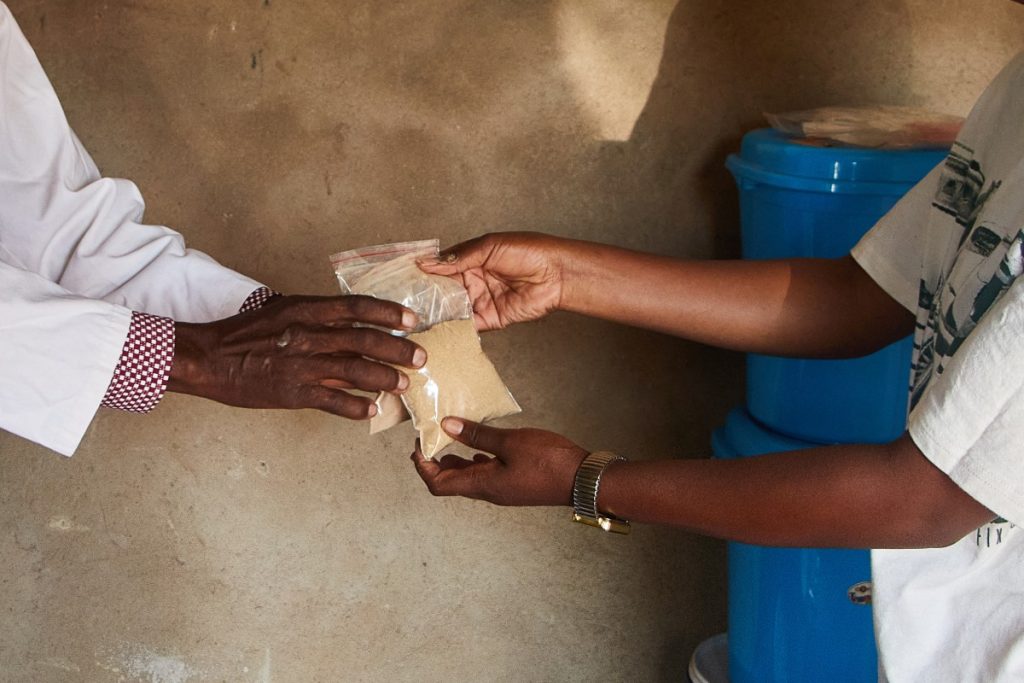Herbalists are increasingly sought after by Zimbabweans frustrated with a failing public health system despite being unaccredited, unregulated, and lacking proven results.
For the past 15 years, the largest public hospital in the country, Parirenyatwa, has been without a functioning mammogram machine. Nevertheless, it possesses the only operational radiotherapy cancer treatment machine accessible to the public in a nation of nearly 17 million residents.
“We acknowledge that one machine is inadequate, however, we are successfully providing radiotherapy services with this single unit.” said Nothando Mutizira, the head of oncology at Parirenyatwa.
Similar to other public hospitals battling through Zimbabwe’s prolonged economic crisis, Parirenyatwa suffers from shortages of medicine, equipment, and personnel as medical staff leave for better pay and conditions abroad. Certain hospitals request donations of essential items such as medicines, gloves, and syringes.
“There are no medicines,” remarked Simbarashe James Tafirenyika, president of the Zimbabwe Municipalities Nurses and Allied Workers Union.
He noted that even when a hospital has equipment, frequent power outages render the machines inoperable.
Public hospitals are losing their workforce to the growing private sector and nations like Britain—where qualified nurses earn significantly higher salaries as caregivers—or even to neighbouring countries in the less affluent region.
“Some Zimbabweans are moving to South Africa, some to Zambia, and some are even relocating to Mozambique,” Tafirenyika said.

The corridors of Parirenyatwa are crowded with patients and their families navigating walls with peeling paint beneath cracked ceilings. The waiting periods are extensive, and Zimbabweans who can afford to do so travel to South Africa for medical care, while others turn to herbalists.
There exists a misplaced belief in the effectiveness of herbal remedies and a wariness towards hospital treatments, according to Lovemore Makurirofa from the Cancer Association of Zimbabwe.
“Many individuals harbour fears regarding both the illness and its treatments, opting to avoid chemotherapy, radiotherapy, and surgical procedures,” he explained.
The new herbal clinics—advertising their services on street corners through loudspeakers—frustrate hospital staff.
“When patients are asked why it has taken so long for them to seek medical help, they often respond that they have been relying on herbal medications for an extended period,” Mutizira said.
“When patients finally arrive, they typically present with stage three or stage four cancer, which is more challenging and costly to treat and has poorer outcomes,” she added.
Never Chirimo, 66, the herbalist who manages the Harare centre where Kativhu sought assistance for her breast cancer, is confident in his skills. However, he would prefer to collaborate more closely with hospitals.
“I am capable of treating any form of cancer,” he asserted, also claiming that herbs allow him to diagnose cancer.
“What I desire is open communication with doctors. Ultimately, we should cooperate, as many cancer patients choose herbal treatments over conventional medicine.”
Another of his patients, 58-year-old Wilfred Manatsa, shared that he spent $25,000 on treatment at a private hospital for prostate cancer and Kaposi sarcoma. Surgery would have required an additional $7,000 that he could not afford, leading him to place his trust in remedies.


